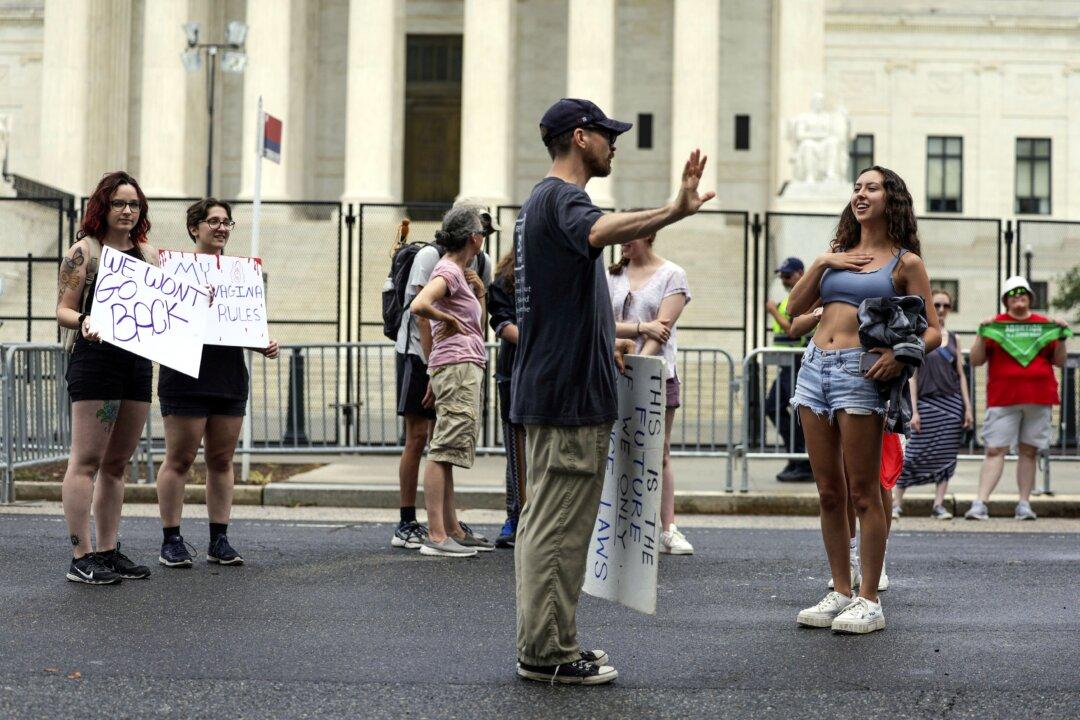Commentary
We seem to be living through an era of chicken-little politics, in which the politicians maintain their grip on the voters by manufacturing crisis after crisis. The sky is falling.

We seem to be living through an era of chicken-little politics, in which the politicians maintain their grip on the voters by manufacturing crisis after crisis. The sky is falling.